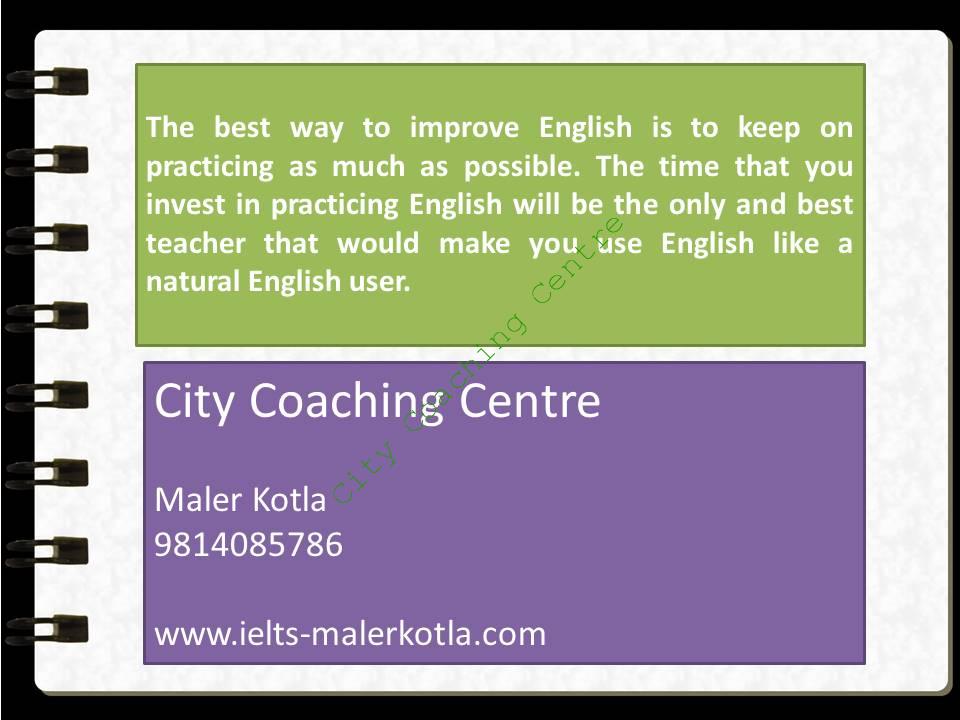One aspect of the IELTS writing test that is very important is writing paragraphs that are clear, effective, and easy to follow. This blog post will provide information on how to write well-organized and well-written paragraphs on your test.
Firstly, here are a couple of reminders about the IELTS writing test:
The minimum word count for Task 1 is 150 words; for Task 2, it is 250 words. Task 2 is worth twice as much as Task 1, so be sure to keep that in mind while writing your test.
The total time limit for Writing Task 1 and Task 2 is 60 minutes. For Task 1 (the shorter task), I suggest taking approximately 20 minutes to complete it. For Task 2, I suggest planning to take 40 minutes.
Read carefully
I can’t stress the importance of taking some time before beginning to write, to carefully read the questions. This will help to ensure you know exactly what you are being asked. It is very important to include the key features and points from the question, as your examiner will look to see whether these are in your response.
Prepare your answer
Before writing your response, I suggest taking a moment to make some quick notes. For Task 2 in particular, I suggest doing a quick outline of what you plan to write. This can be very helpful in organizing your thoughts and planning your response.
Format
One key aspect to keep in mind about format is ensuring you do not write your answers in bullet or note form. Rather, ensure you write in paragraph form for all responses. Your examiner will be looking at the format, so be sure to follow this tip.
For the Task 2 essay, your answer should include an introduction, body and conclusion. Here is a quick overview of what to include in each section:
- Introduction – start the essay by informing the reader what you will be writing about.
- Body paragraphs – include the main points and support for your points, using examples, details, data, etc.
- Conclusion – summarize the key points in your essay.
One idea per paragraph
To keep your ideas clear, and to ensure you have well-organized paragraphs, you should include one idea per paragraph. For each paragraph, explain the main idea, and include supporting information, examples, etc. Then start a new paragraph when you have a different idea or point to make.
Do not stray
Ensure your responses stay focussed on the questions and do not include information that is unrelated to the question or your argument. You should only include information that is related and relevant to your argument. Your examiner will look at how clear your position is and whether you have developed your argument. Talking about unrelated or irrelevant things will make your argument unclear and less focussed.
Grammar, punctuation, spelling
As you have no doubt heard before, you should take some time after you finish writing to check your grammar, punctuation and spelling. Your IELTS examiner will be looking for errors, so it is a good idea to take some time to review and make necessary corrections.
Vocabulary
Try to use a range of words and phrases to express your points. Using the same words throughout your response is not advised. Also, be aware of the correct form of the words, and ensure the words and phrases are not too informal.
Sentence forms
I advise that you not be concerned with writing long and complex sentences in your responses. Although it is advised to use a mix of sentence forms (both simple and complex), I would focus more on having well-written sentences with correct grammar and punctuation.
Cohesion, referencing, substitution
The use of cohesive devices, referencing, and substitution helps to make sentences better organized, and easier to understand. Here’s a quick review of these important elements of writing:
- Cohesive devices – using pronouns, conjunctions, articles, etc.
- Referencing – using a pronoun to replace a noun/noun phrase.
- Substitution – substituting forms for words and phrases to avoid repetition.
I hope you find these writing tips helpful when preparing for your IELTS test. Good luck in your preparation!
